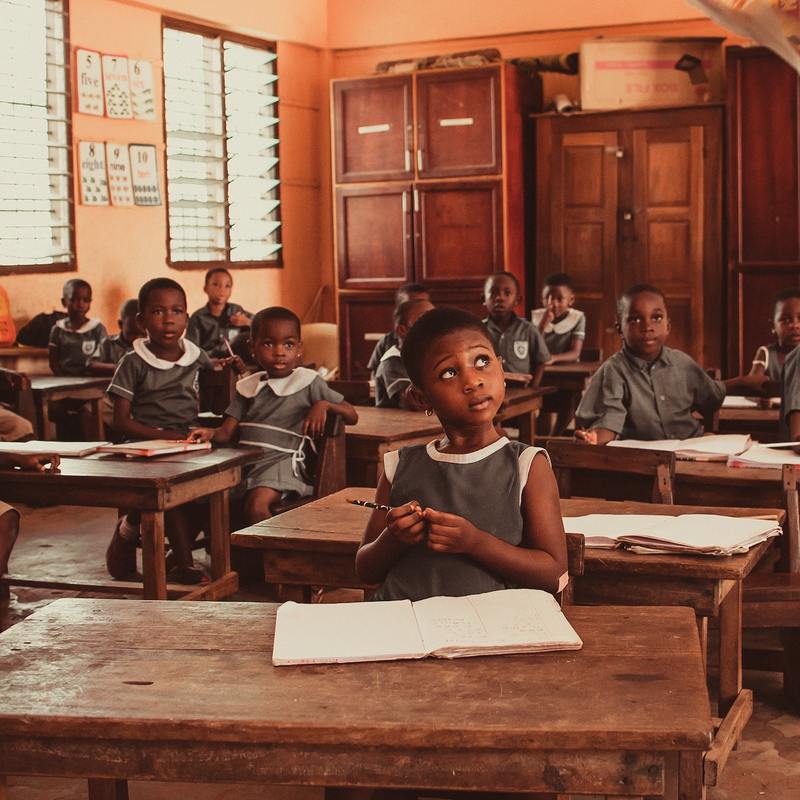Search
Verifying the Authenticity of Diagnostic Labs: Need of the Hour
DOI: 10.17160/josha.11.2.982
In my hematological practice, I have come across several cases of blood reports signed by technician-owned labs. Despite clear MCI (Medical Council of India) guidelines stating that DMLT technicians are not authorized to sign laboratory reports, this malpractice continues. The problem with such labs is that their reports are unreliable and may have been illegally modified for various motives and gains. These technician-run labs may either be self-signed or pathologist-signed. Such labs offer tests at lower prices at the cost of poor quality reporting. People do not mind getting their tests done at these labs as long as they get a good discount. Ideally, one must visit a lab which has a qualified pathologist available to answer patient queries, discuss reports and provide guidance. Today, we as a society are extremely cautious while making even simple lifestyle choices such as organic food, chemical-free products, etc.
JOSHA’s Critical Review of “CAR T Cells – A New Horizon for Autoimmunity” by John D. Isaacs
DOI: 10.17160/josha.11.4.978
The editorial discusses the potential of CD19-targeted CAR T cell therapy in managing autoimmune diseases. Published in The New England Journal of Medicine on February 22, 2024, the author highlights a pilot study by Müller et al. revealing promising outcomes, including remission and discontinuation of immunosuppressive medication, in 15 patients with systemic autoimmunity with a single infusion. While the therapy shows potential, it is also associated with adverse effects such as cytokine-release syndrome and long-term complications. However, further research is needed to address these concerns. If confirmed through extended follow-up, CAR T cell therapy could revolutionise autoimmune disease treatment, offering a comprehensive approach to disease management.This excellent editorial from Dr. Issacs is worth reading!
Why We Need to Relearn How to Talk to Machines - A Snapshot of Generative AI in January 2024
DOI: 10.17160/josha.11.2.977
The last few years have seen incredibly rapid progress in the field of generative artificial intelligence. Talking to machines and getting answers in natural language is part of our new, elusive normal. Driven by the exponential growth of both computing power and internet-scale data, our new digital assistants are trained by estimating the most likely next element of a given context. Recent years have clearly shown that this general objective can lead to the ability to develop complex and diverse capabilities from simple principles. At the same time, however, it can lead to interesting structures in the compression of the training data and sometimes to unpredictable artefacts. The aim of this article is to shed light on the mechanisms behind current large language models and to provide guidance on how to get the best answers to a question.
Editorial Volume 11, Issue 2
DOI: 10.17160/josha.11.2.976
Dear josha-journal readers, Welcome to our second issue 2024! The josha team has selected an interesting range of topics for all readers. One thing will increasingly accompany medicine and all of us in the coming years. Medicine without artificial intelligence will be unthinkable in the future. It is already expanding our horizons enormously and still holds a wealth of possibilities for the future. A team of AI and medicine experts in Freiburg is testing the many possibilities in oncology. However, despite the wide range of potential, ethical and regulatory considerations are taken into account when developing therapies. Medicine, psychology, education and artificial intelligence also play a key role in other articles in this issue. Papers come from Brazil, Nigeria and Germany. The josha team wishes all readers an exciting and scientifically enlightening read.
AI as an Always-available Oncologist: A Vision for AI-optimized Cancer Therapy Based on Real-time Adaptive Dosing at the Patient Level
DOI: 10.17160/josha.11.1.975
This communication presents the long-term vision of AI-optimized cancer therapy based on automated adaptive dosing. The idea is to have an AI-controlled therapeutic system that administers microdoses from information obtained from low-power sensors, which could improve patient quality and survival. While this idea has not been implemented for cancer yet, there are similar health interventions in cancer (not using AI) and in diabetes (using AI) that serve as precedents. However, there are still major challenges to tackle, such as identifying relevant, measurable, and reasonably costly tumor markers and dealing with the enormous combinatorial potential for a rapid and effective response in individual cases. The paper proposes a dual process to address these challenges, involving collecting initial findings in vitro and investigating tumor markers for their transferability to in vivo systems.
Chapter Eight - Religious Education and Peace Education in Northern Nigeria: A Synergistic Approach for Socio-Religious Harmony and National Security
DOI: 10.17160/josha.11.5.974
This final Chapter provides an overview of the critical interplay between religious education and peace education in Northern Nigeria, a region marked by its diverse religious landscape and recurring interfaith conflicts. Al-amin argues that integrating peace education into religious curricula and community programs can play a pivotal role in mitigating religious-based conflicts in Northern Nigeria. He highlights the importance of inclusive, non-biased education that respects the plurality of beliefs and promotes peaceful coexistence. He discusses the challenges and opportunities in implementing such an approach, including the engagement of religious leaders, educational institutions, and civil society organizations.
Chapter Seven - Challenges and Solutions of Quality Assurance in Colleges of Education in Nigeria
DOI: 10.17160/josha.11.4.973
Quality assurance in education has become an increasingly important topic in Nigeria due to the need to improve the standard of education in the country. Chapter Seven discusses the challenges and ways to improve the quality of education in the Colleges of Education in Nigeria. Al-amin investigated that the challenges of quality assurance in the Colleges of Education in Nigeria include inadequate funding, poor infrastructure, inadequate staffing, lack of standardization, and inadequate monitoring and evaluation. He further proffers solutions to these challenges which include adequate funding, provision of infrastructure, employment of qualified staff, standardization of curricula, and effective monitoring and evaluation.
Chapter Six - Major Problems of Colleges of Education in Nigeria and Possible Solutions
DOI: 10.17160/josha.11.3.972
Chapter Six is full of numerous challenges that hinder the effectiveness of producing quality teachers in the colleges of education in Nigeria. The major challenges identified by Al-amin include inadequate funding, lack of qualified personnel, outdated curriculum, poor infrastructure, and inadequate facilities. He opined that these challenges have significant implications for the quality of teacher education in Nigeria and the nation's educational system as a whole.
Chapter Five - Administration of Colleges of Education in Nigeria: Problems and Solutions
DOI: 10.17160/josha.11.3.971
In Chapter Five, Al-amin identifies the problems and solutions to the administration of colleges of education in Nigeria. According to Al-amin, some of these major challenges are inadequate funding, poor infrastructure, inadequate staff, and ineffective management. Therefore, he recommends the need for increased funding, improved infrastructure, recruitment of qualified staff, and effective management strategies as possible solutions to these challenges. He finally concludes that addressing these challenges would enhance the quality of education and training provided by colleges of education in Nigeria, leading to the development of a more skilled and productive workforce.
Chapter Four - Problems and Solutions of Muslim Girls’ Child Education in Nigeria
DOI: 10.17160/josha.11.3.969
In Chapter Four, Al-amin identifies the challenges hindering the state of girls' education in Nigeria and proposes possible solutions to these problems. He concludes that the Nigerian government needs to implement policies that promote equal opportunities for girls' education, invest in infrastructure development, and prioritize education in the country's budget allocation. Non-governmental organizations should also partner with government agencies to provide scholarships and support services to girls from impoverished backgrounds. He finally suggests that cultural and traditional practices that discriminate against the girl-child need to be addressed through sensitization campaigns and community-based interventions.









